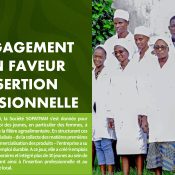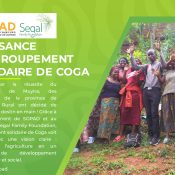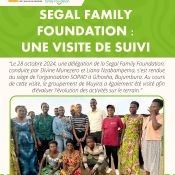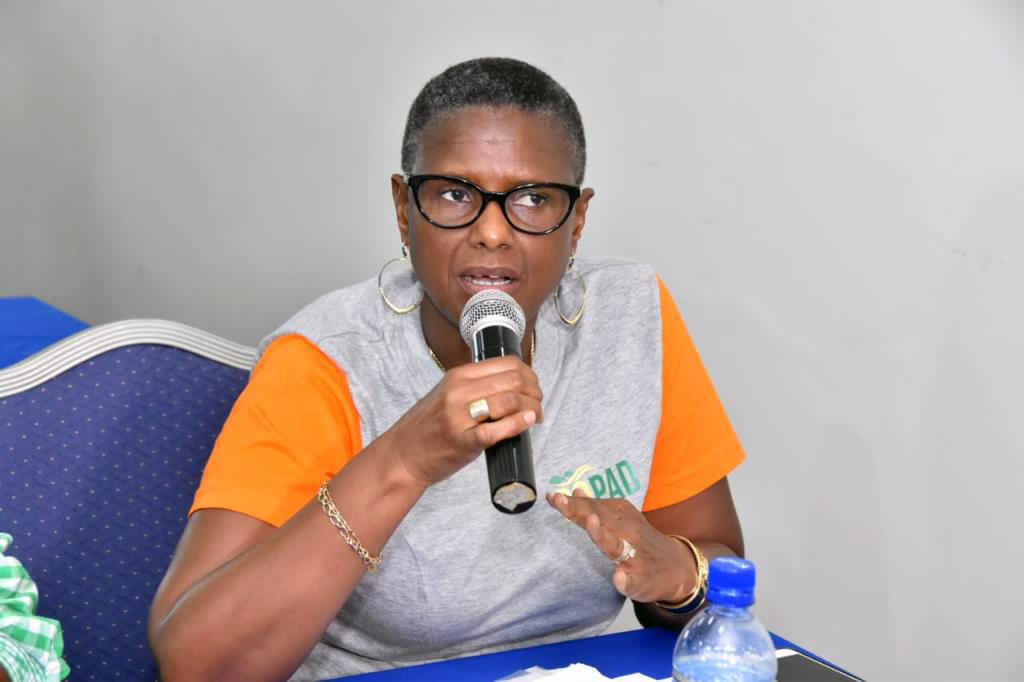
A better future for a marginalized community
Decades have passed, marked by social, political, and economic crises. Populations, overwhelmed by fear, scattered throughout the country, leaving streets filled with hopeless girls and women. Some found themselves in situations of severe precarity, while others became vulnerable to the advances of ill-intentioned individuals just to make ends meet.
Through this editorial, a question arises: Is there a way to restore hope to these poor marginalized souls for a better future and a life of abundance with significant contributions to the reintegration into community and family life? It might seem impossible, yet men and women with hearts full of love and compassion have become pioneers in this movement of both social and community development.
Since 1996, Madame Claudette Nduwayezu, a determined woman with the intention of pulling women and young girls out of marginalization, has aligned herself with the will to take action in her community.
Orphaned children, some due to war and others to AIDS, sounded the alarm of distress. With a team of her friends, she thus launched a non-profit association to gather primarily young single mothers and unmarried mothers ostracized from society for their reintegration. She focused extensively on training these women in entrepreneurship, a subject that was, at the time, an undiscovered treasure trove to the general public. Information and training sessions were organized around micro-projects for these young girls and women who had not had the opportunity to attend school. With the fundamental foundations in place, Madame Claudette Nduwayezu initiated a embroidery workshop for her beneficiaries, while for others, she initiated small agricultural and commercial projects.
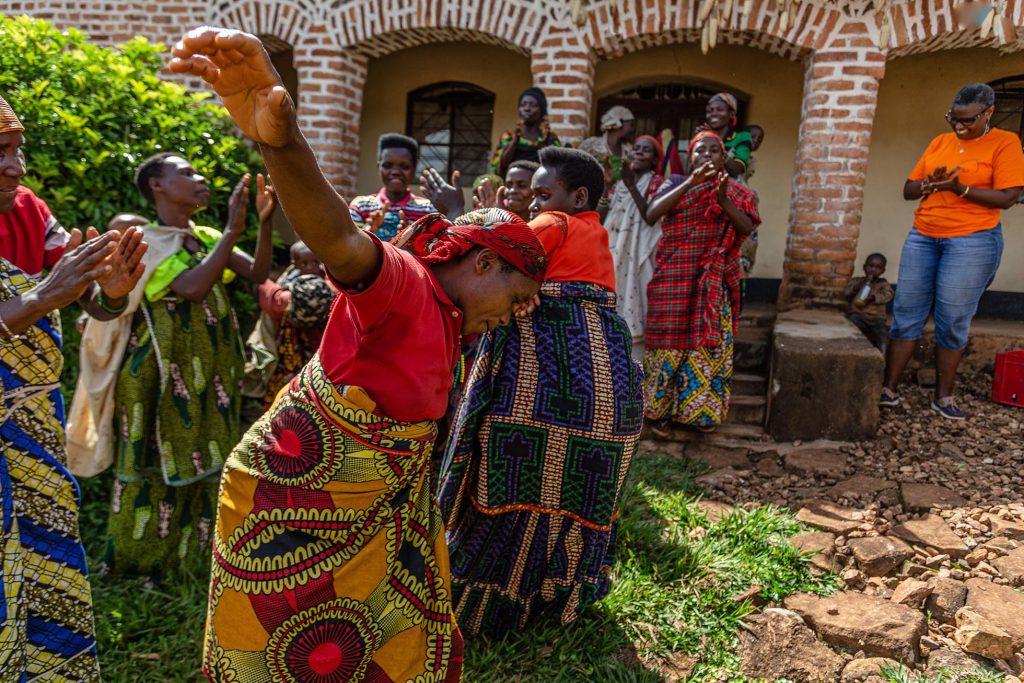
Thus, noticing that some activities took precedence over others, such as agriculture, she came up with the idea of forming groups of young girls and women around the exploitation of the land. Model fields were created to have a positive impact not only on the beneficiaries but also on the surrounding community. This is how an agricultural cooperative was born, optimizing the efforts of young girls and women engaged in community development and job creation.
Challenges are noted along the way. The groups of young girls and women engaged in agricultural exploitation, like many other farmers, face issues in managing harvests due to a lack of market outlets, especially for fruits. There are high-season periods during which prices drop, causing heavy losses to farmers, and low-season periods during which prices rise excessively, creating a climate of disagreement between producer-suppliers and consumer clients.
To address this challenge, an agricultural processing company is created, offering a glimmer of hope for the groups of young girls and women in agriculture. It also provides employment opportunities for young students graduating from elementary schools, especially those in technical and agri-food sections. The processing unit solves both the post-harvest loss problem and directly integrates with the retro commercial activities of the non-profit association Twinagure.
The partnership and shared mission relationship have resulted in a consortium that will ensure the proper management of the entire organization and the sustainability of the project.
The consortium proves to be of significant utility for all constituent organizations, with the management and functioning of the action depending on it. It becomes a common heritage to be protected and defended by all beneficiaries, whether direct or indirect, for their better future.


